5 signs you have too much stuff in your bedroom – and what to do about it
From multiple drop zones to piles of paperwork, these warning signs demand action
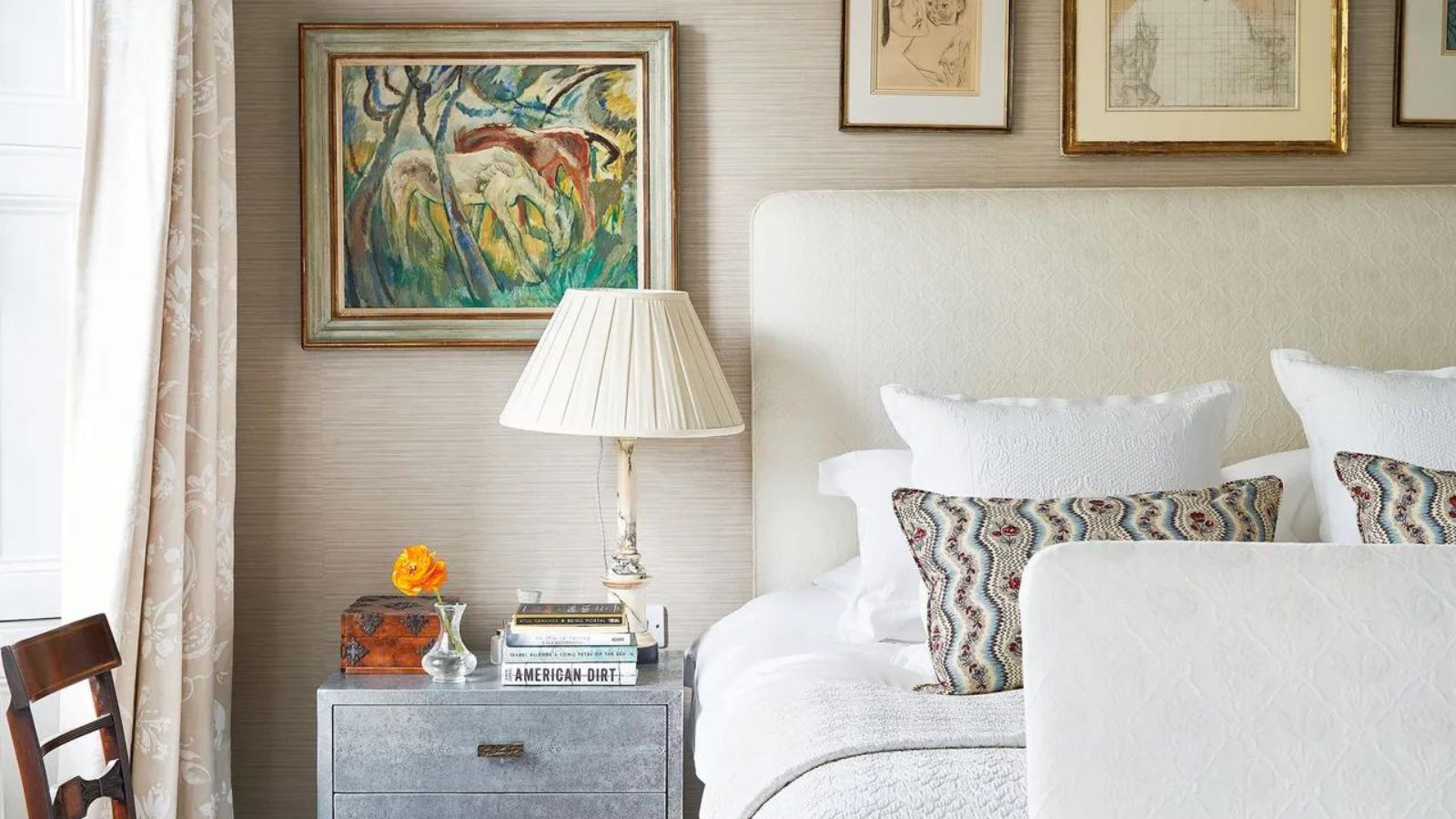

Out of all the rooms in your home, the bedroom is the most sacred. A space for relaxation and rest, there's only one thing that can really spoil the vibe – clutter.
We're all for collecting and curating items you love, but all too often bedrooms become a dumping ground for clothes, shoes, and possessions.
By knowing the five signs professional organizers pinpoint as meaning you have too much stuff in your bedroom, you'll spot any creeping into play and get on top of bedroom decluttering before it adds up into an overwhelming mess.
5 signs you have too much stuff in your bedroom
1. It takes you longer than 20 minutes to clean up the room
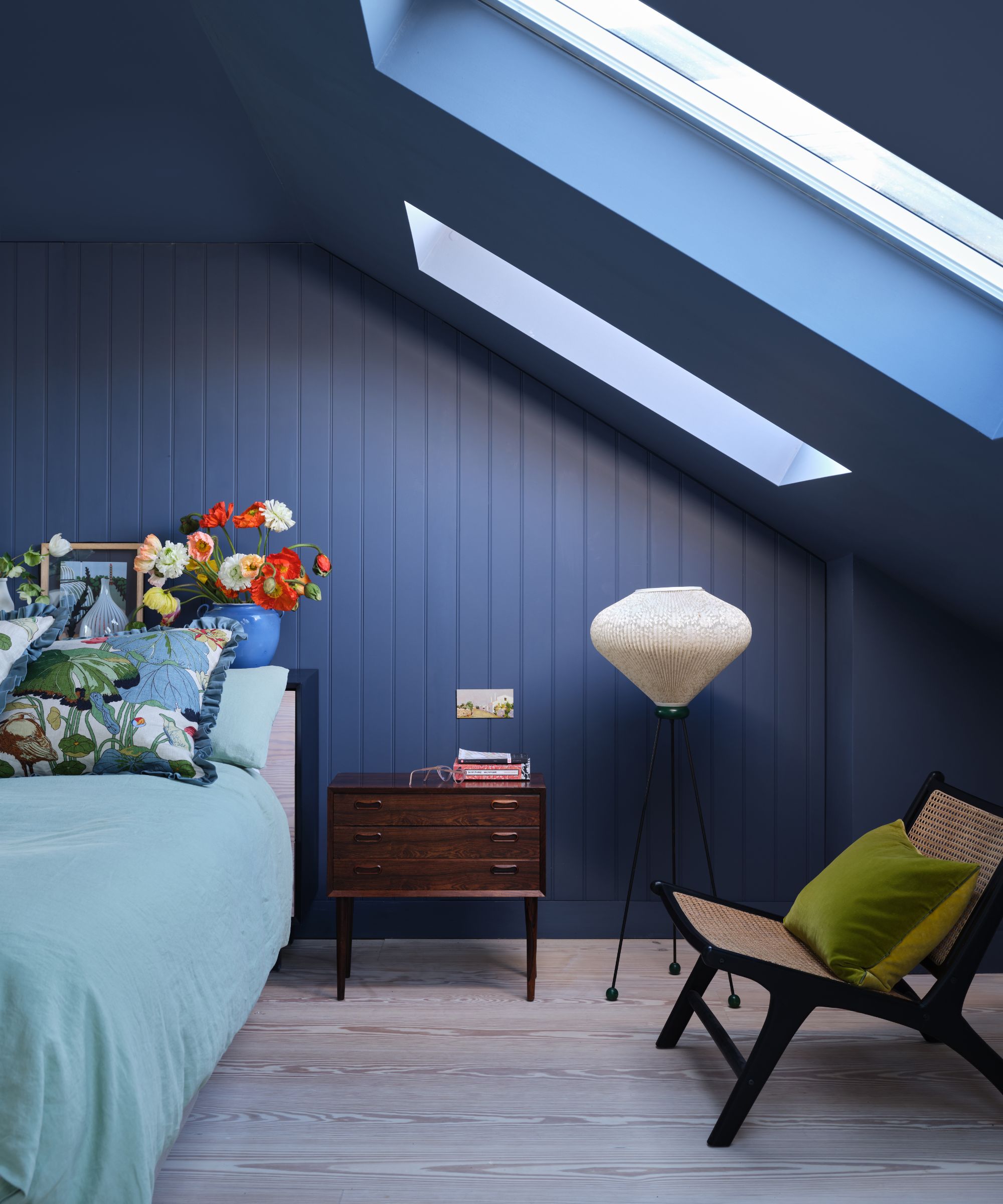
According to Tracy McCubbin, founder and CEO of dClutterfly, and professional organizer for over 20 years, a great litmus test of how much stuff you have is whether you can organize and clean your bedroom, and put it back the way you like it, in 20 minutes or less.
She explains, 'If you're spending longer than 20 minutes organizing a bedroom, that means your stuff is costing you time, and that's a problem.'
To put it to the test, set a timer for 20 minutes and see how much you can achieve. If you're unable to clear visual clutter in your bedroom within the time frame, you have too much stuff.
2. You have too many catch-alls and drop-zones
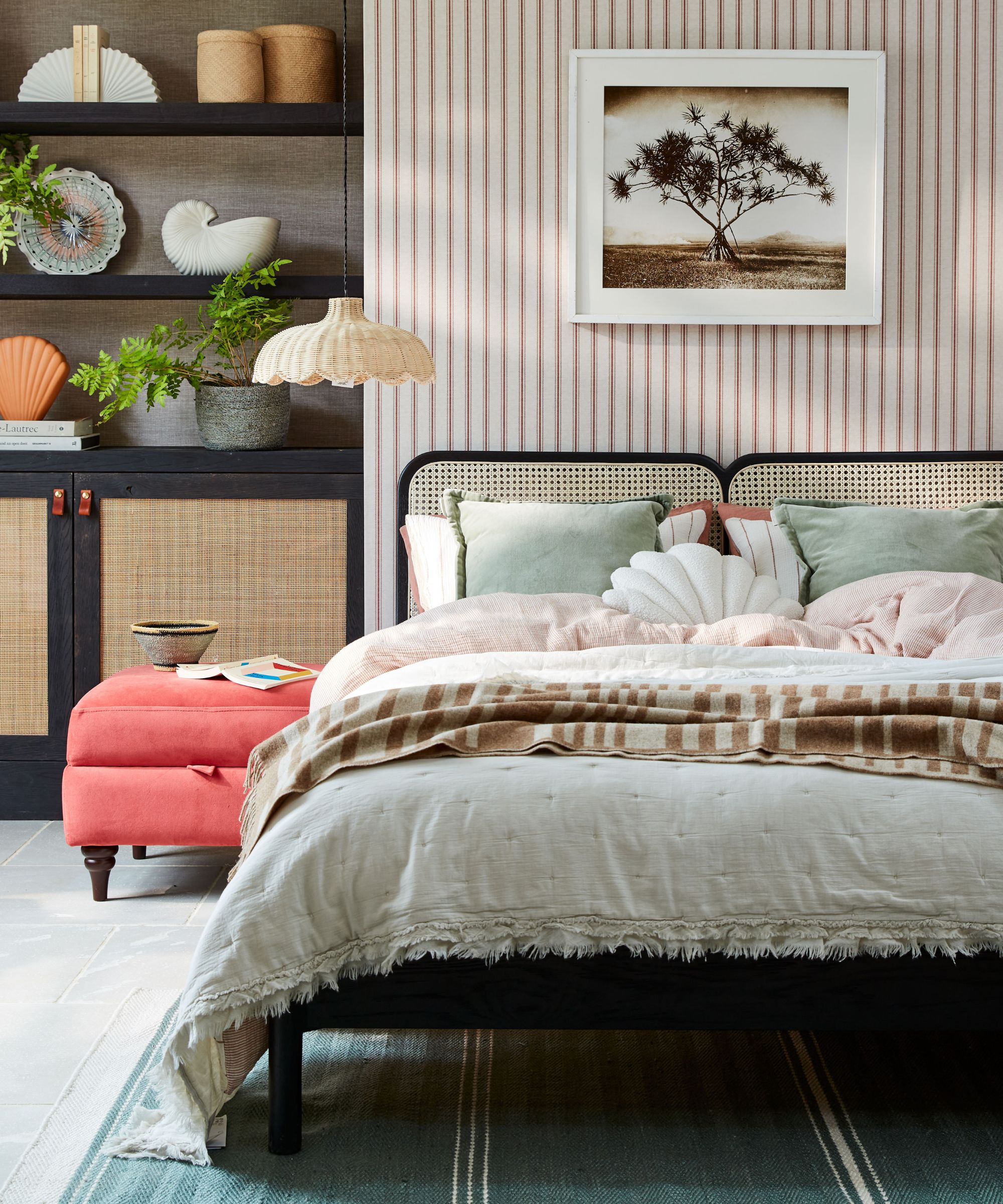
Drop zones are a great way to make a bedroom closing shift routine run smoother, but Julian Thomas, organizational and home lifestyle expert, and Command Brand partner, advises, 'While having one dedicated nesting site to hold items you don't necessarily have the time or energy to put away is OK – having multiple drop-zones in your bedroom is a sign that it may be time to let go of some things.'
'Whether it's the back of a chair, a dedicated junk drawer in your dresser or a rack, its pretty common – and recommended – to have a space to hold things until they make their way back to where they belong.
'This is a great system to keep a room tidy, keeping track of things and being less overwhelmed by clutter,' and might be a box, tray, or storage basket, such as the Honey-Can-Do Cotton Rope Basket Set available at QVC.
'But,' continues Julian, 'when you find yourself creating multiple of these zones – and making an excuse for it, I recommend just accepting that it might be time to turn these temporary zones into something more permanent-ish.'
By 'permanent-ish,' Julian means damage-free storage solutions that can move and change as your storage needs to. For this, he recommends incorporating damage-free Command Large Utility Hooks available at Amazon into any space that may be in need of organization and dedicated place-setting, which is also a great space-saving way to use vertical storage.
'I’ve found that when items that need a home are out in the open, constantly reminding me of the space that they’re taking up, motivates me to actually put them away,' he continues. 'When creating drop zones, make it extremely visible to the eye by utilizing transparent bins, hooks and caddies, like the Command Large Organizing Caddy available at Amazon.'
All prices correct at time of publication.
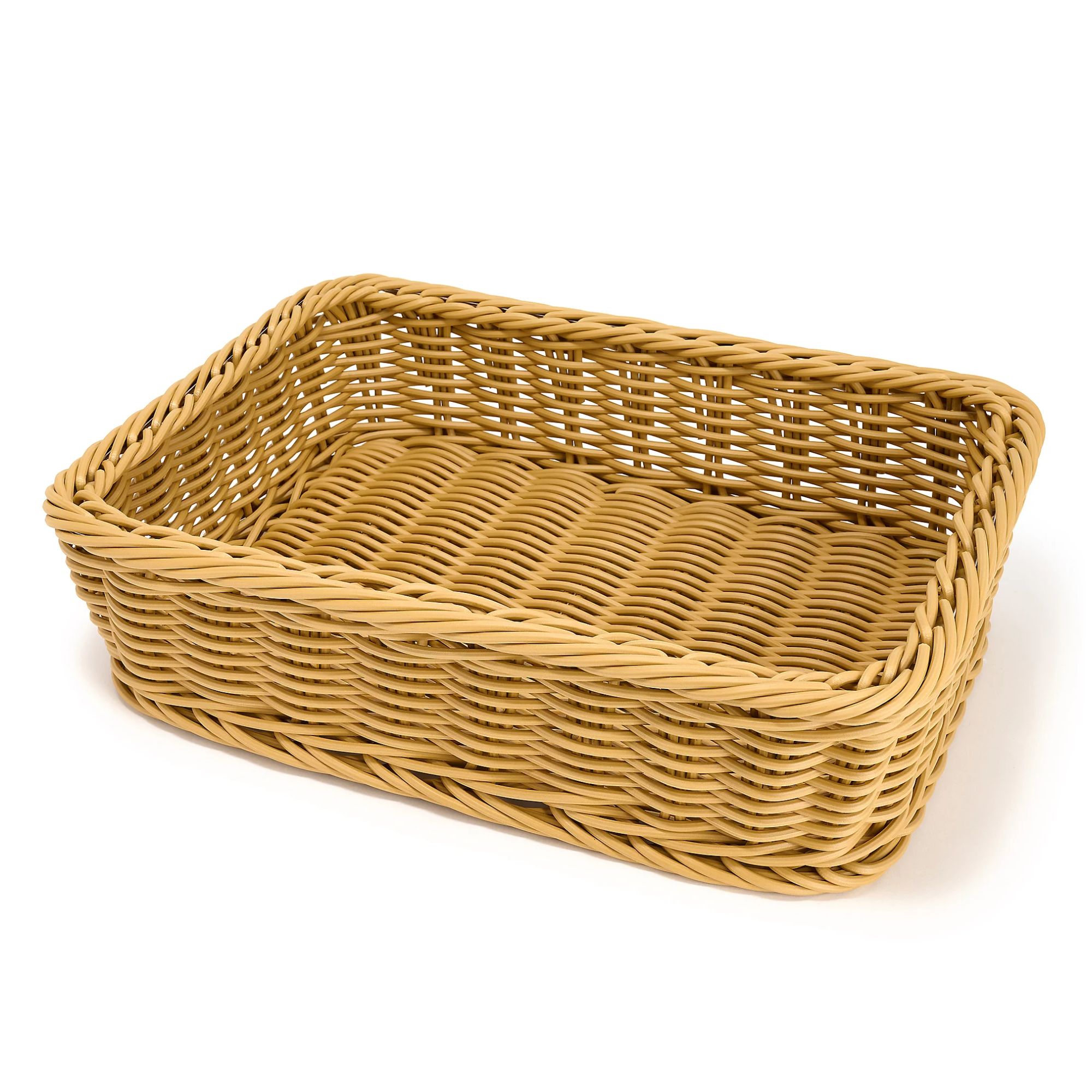
Not only is this rectangle basket sleek and stylish, it's also dishwasher safe, making it perfect for storing beauty products in the bedroom which may spill or cause a mess over time.
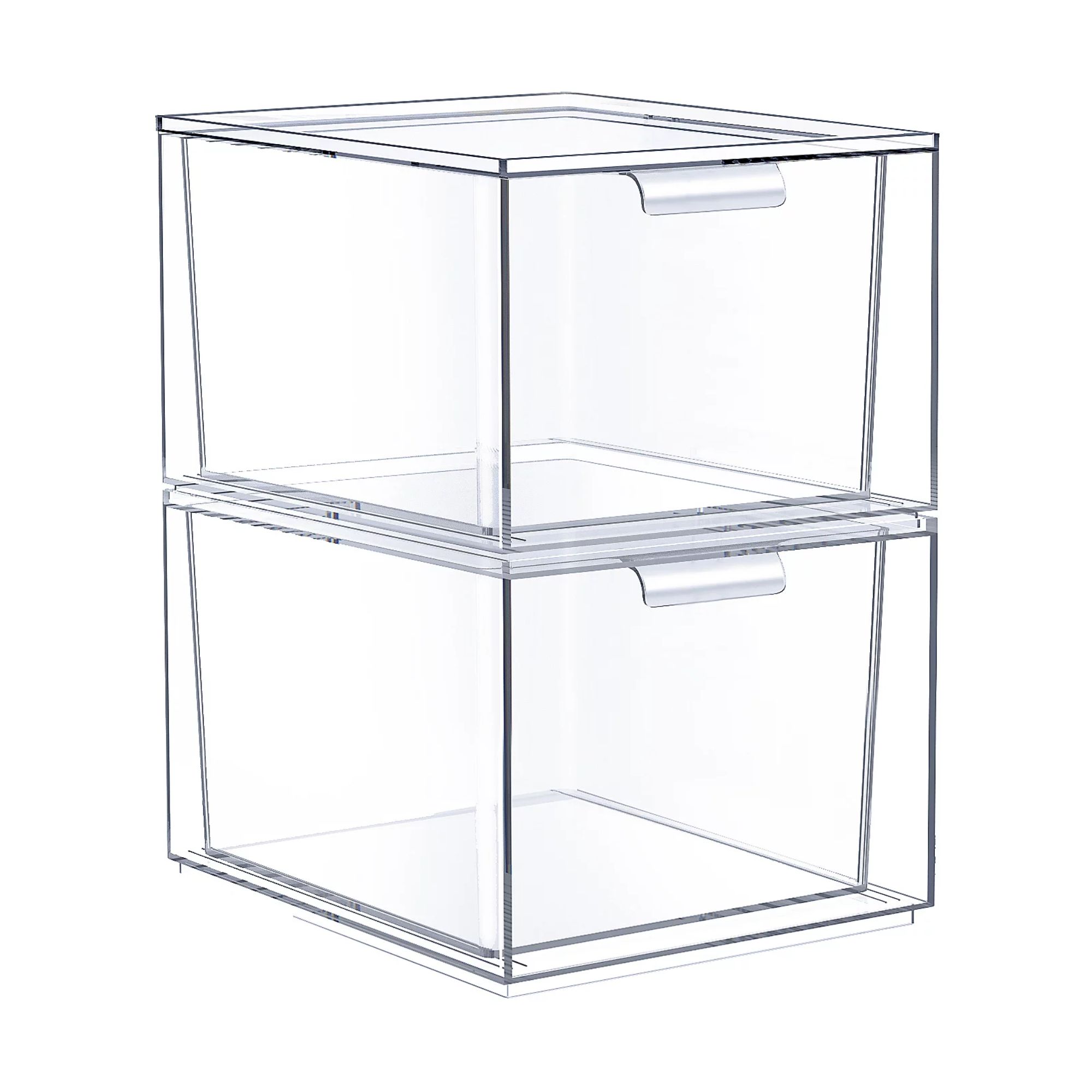
Pop a set of these drawers by your bedroom door and use it to collect any loose items, like lipstick, hairclips, coins and hand cream.
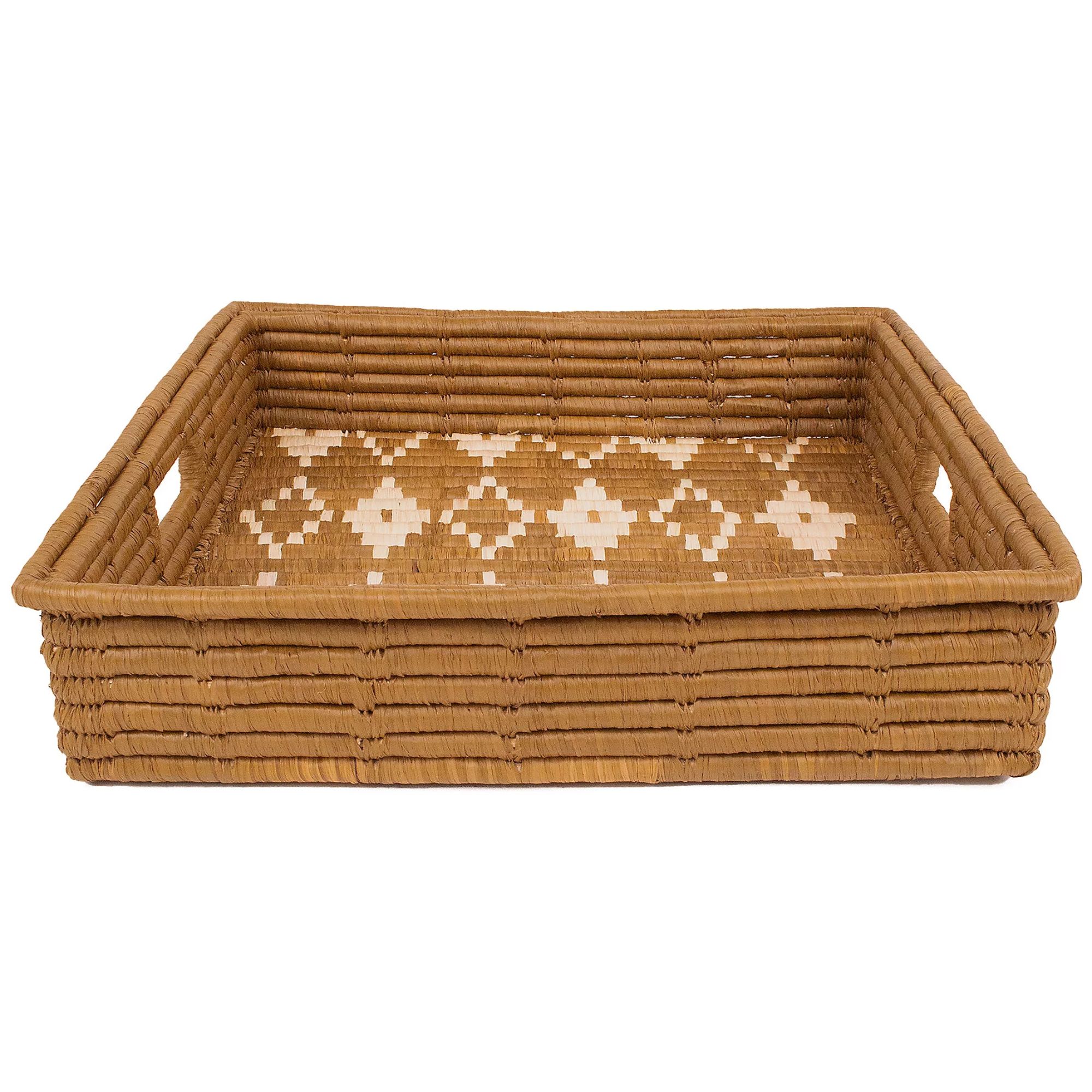
For something a little more statement, this raffia tray is the perfect size for corralling items, with handles for easy portability.
3. There are piles of paperwork everywhere
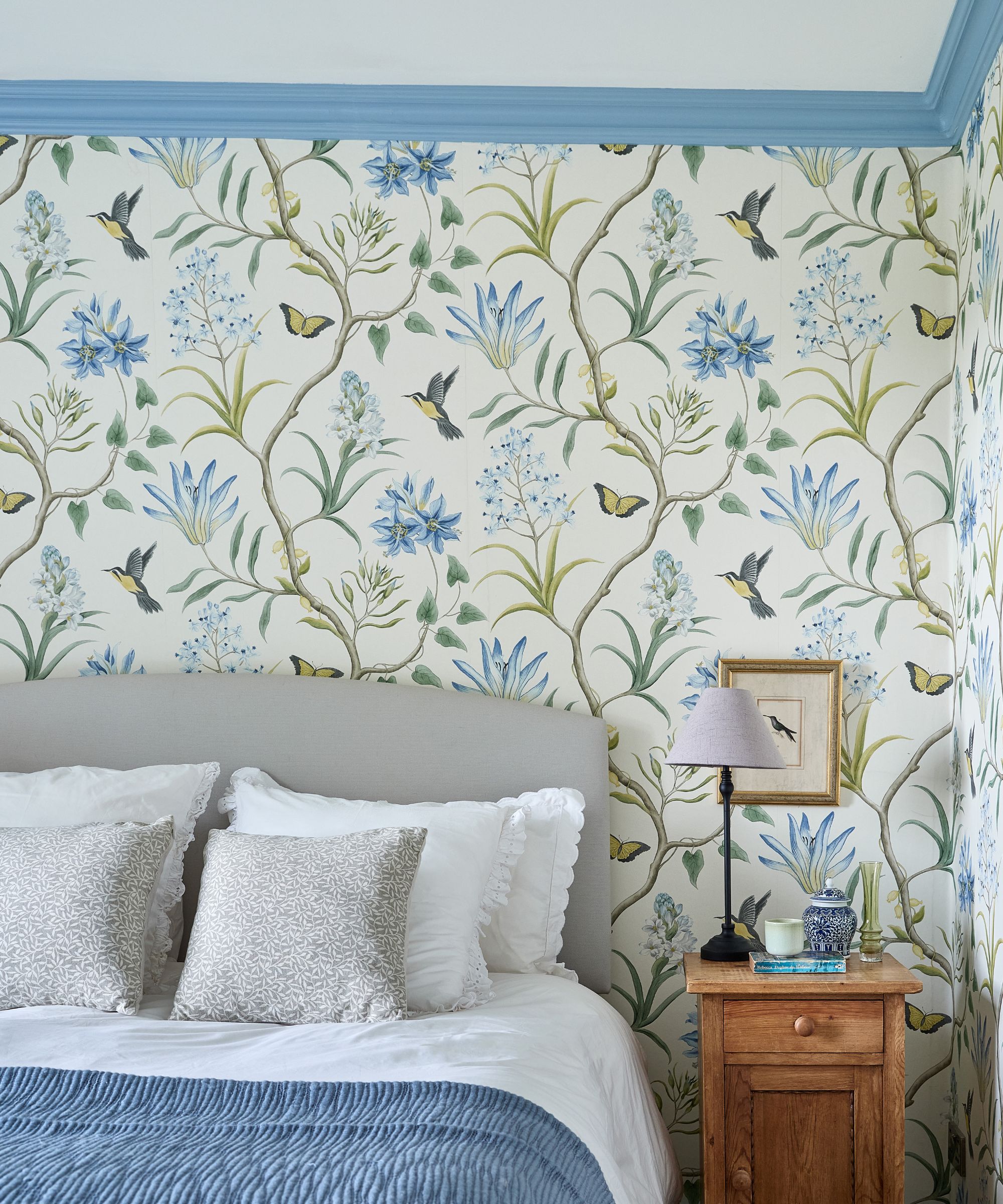
Your bedroom should be a place of relaxation, so there's really no need to organize paperwork there. Instead, get rid of paper clutter, advises professional organizer Tracy.
'One thing I see regularly in my client's bedrooms are piles of paperwork,' she says. 'Paperwork should be on your desk on in your files – ideally organized in your home office. The bedroom is for getting a good night's sleep, not for doing taxes, and having a room covered in paperwork clutter is going to have the opposite effect.'
If you live in a small space and don't have anywhere else to keep your paperwork, although the kitchen or even the living room would be better, we recommend using a document box such as the Sorbus Stationery File Box available at QVC. That way, it's all in one place, out of the way, and can be tucked under your bed or away on a shelf.
4. Your stuff is getting in the way of living life the way you want to live it
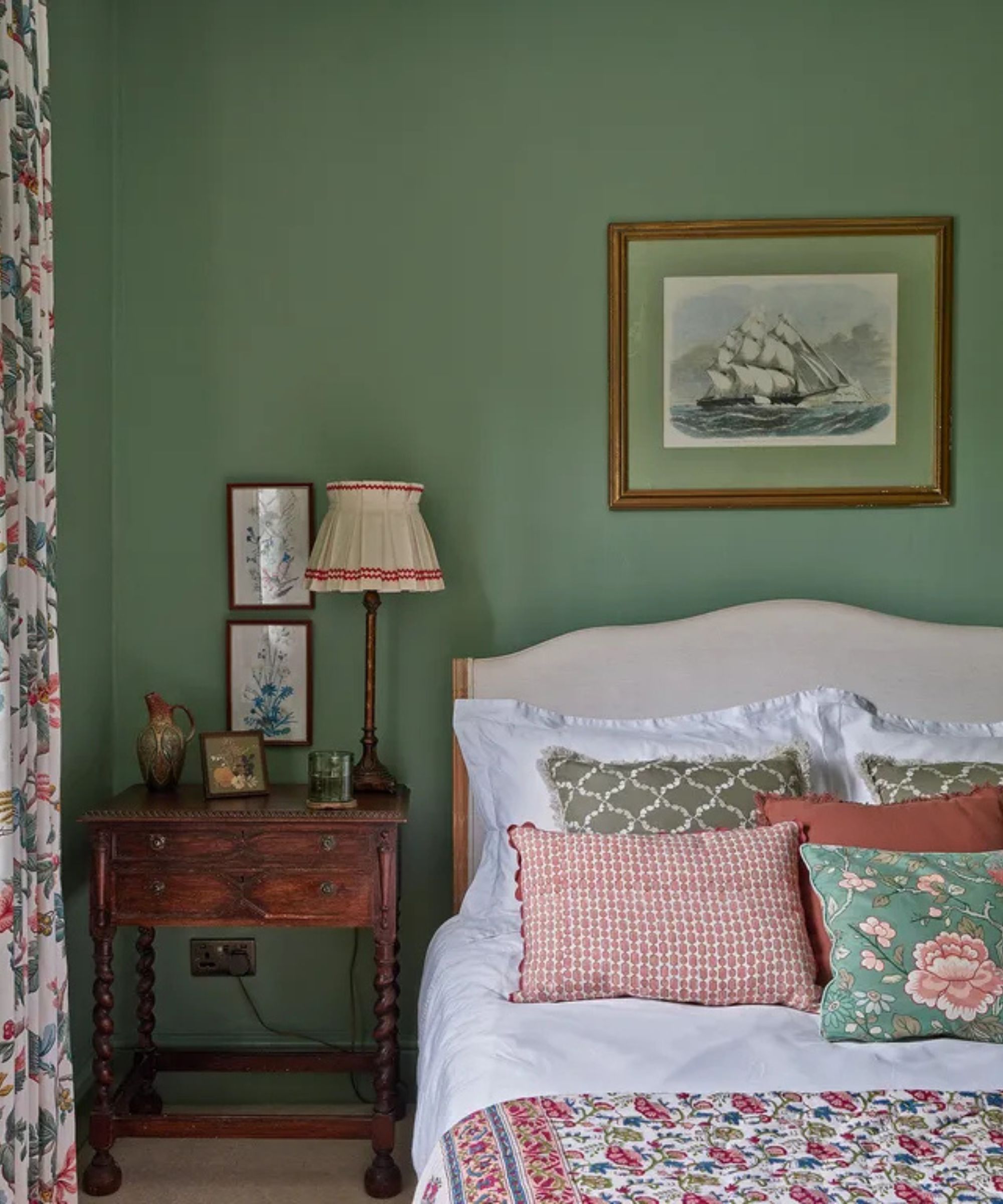
We all want to be the type of person who springs out of bed in the morning and heads off for the day after a smooth sailing and relaxing routine, but the reality is that for most of us this is unachievable. This is, of course, completely fine, but if things that always make your bedroom look cluttered are what's getting in the way of attaining the life you want to live, you have too much stuff.
Organizational expert Julian says, 'A great marker for determining if you have too much stuff in your bedroom is analyzing how long it takes you to accomplish tasks in your routines.
'How long does it take for you to make your bed in the morning? How long does it take you to get dressed to go to work or the gym? How long does it take to complete your wind-down routine before getting into bed at night?'
If you find a portion of the time when doing any of these things is spent searching for items, or you desperately struggle to organize a bedroom with too much stuff, Julian recommends that it's time to reconsider what things you can remove from your bedroom to stay organized, to make the routine more seamless.
5. You constantly feel like your stuff owns you, instead of you owning your stuff
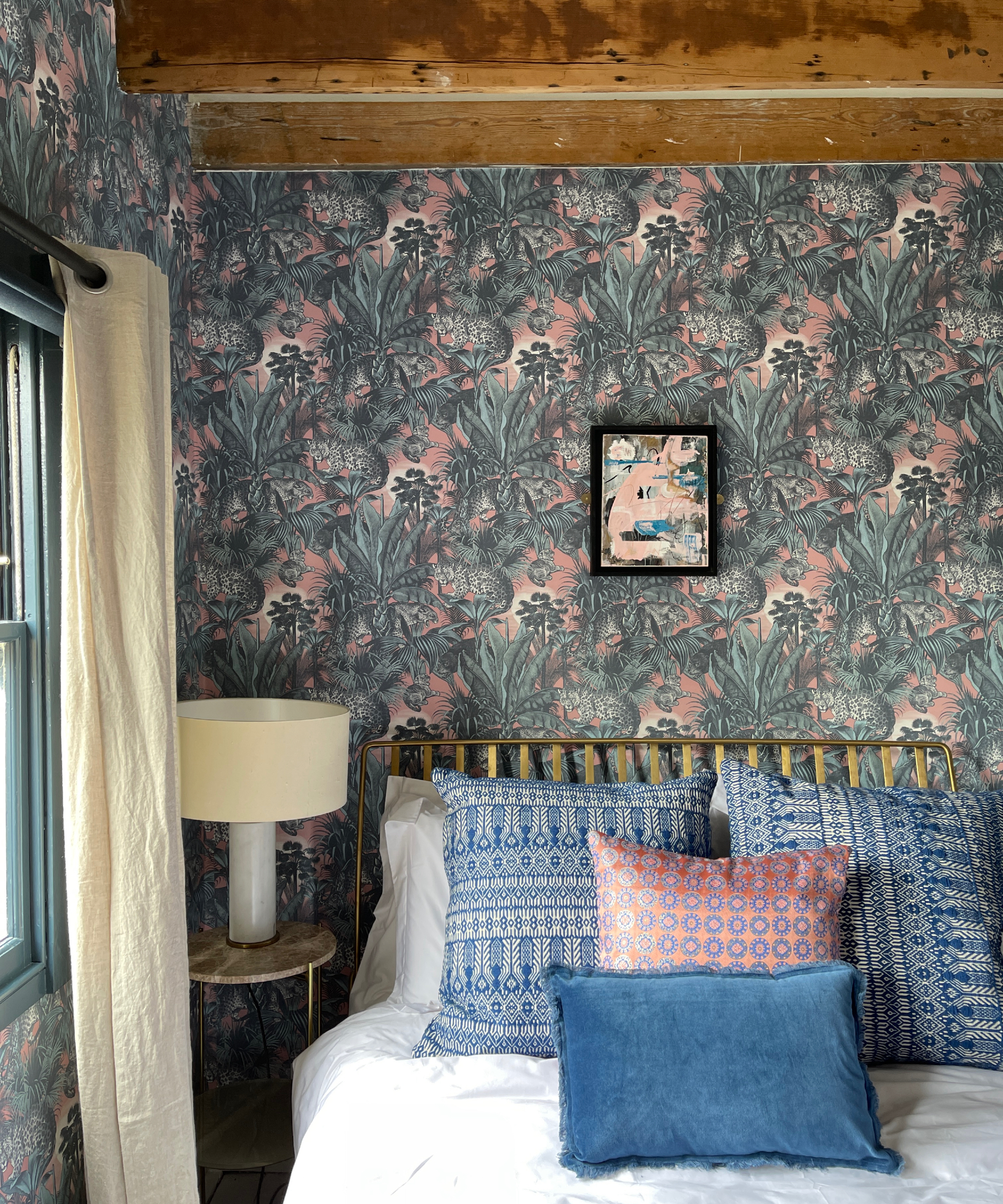
Finally, professional organizer Tracy recommends taking a look at how you're spending your time at home.
'Is the majority of it spent managing your stuff?' she asks. 'Meaning, putting it away, trying to find a home for it, moving stuff off surfaces so you can go to bed, or sit on a chair, etc.
'If you answered yes, then it's most likely your home isn’t functioning as well as it could be. If you feel like your stuff has ownership of you, then it’s a sign there’s just too much of it,' and you need to embark on a journey of decluttering your bedroom.
FAQs
Is having a messy bedroom unhealthy?
As shocking as it may sound, having a messy bedroom genuinely may be detrimental to your health, with dust, dirt and debris contributing to respiratory issues and allergies. Trips and falls are also far more likely to occur with clutter underfoot. A tidy home doesn't only make you healthier, a clean house makes you happier, too.
How do you know when to stop decluttering?
If you're stuck in an endless vicious cycle of decluttering and re-cluttering your home, stop. Then, ask a friend or family member to help, or consider working with a professional home organizer for a solution that sticks.
Around your house and away from your bedroom, there are also signs it's time to declutter your home that you may begin to notice. For example, if you can't find anything whenever you go to use or wear it, or you worry about inviting people over, it's time for a change.
Sign up to the Homes & Gardens newsletter
Design expertise in your inbox – from inspiring decorating ideas and beautiful celebrity homes to practical gardening advice and shopping round-ups.

Ottilie joined Homes & Gardens last year, after finishing a Master's in Magazine Journalism at City, University of London. With previous contributions in Livingetc and Motorsport Magazine, she produces content for the Solved section on the website, focusing on clever tips and tricks to keep your home beautiful, organized and clean. She also has an undergraduate degree in English Literature and History of Art from the University of Edinburgh, where she developed a love for inspiring interiors and architecture.
You must confirm your public display name before commenting
Please logout and then login again, you will then be prompted to enter your display name.
-
 Charred little gem with saffron dressing
Charred little gem with saffron dressingThis recipe with charred little gem is both easy to make and sure to impress guests. It's the perfect side for fresh spring menus
By Alice Hart
-
 Grilled asparagus with herb and pickled red onion
Grilled asparagus with herb and pickled red onionThis grilled asparagus couldn't be easier, and it's a wonderful way to get the best flavor from our favorite spring veg. It's perfect alongside fish or lamb
By Alice Hart
-
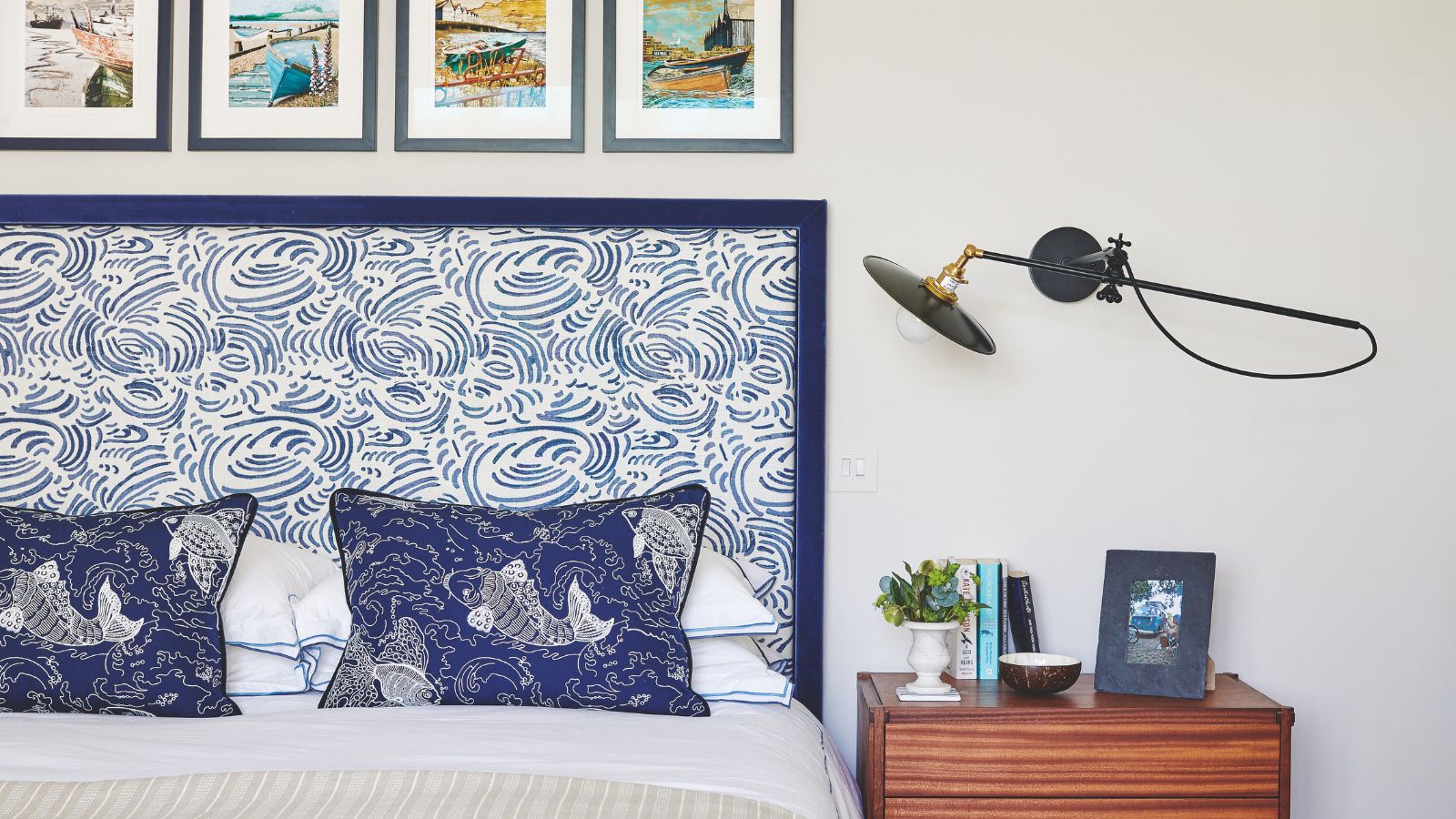 'Big results before you know it' – experts urge you to use the ‘Take Away 10’ method for simple decluttering with zero decision fatigue
'Big results before you know it' – experts urge you to use the ‘Take Away 10’ method for simple decluttering with zero decision fatigueIt can cut hundreds of items from your home in just a few weeks
By Ottilie Blackhall
-
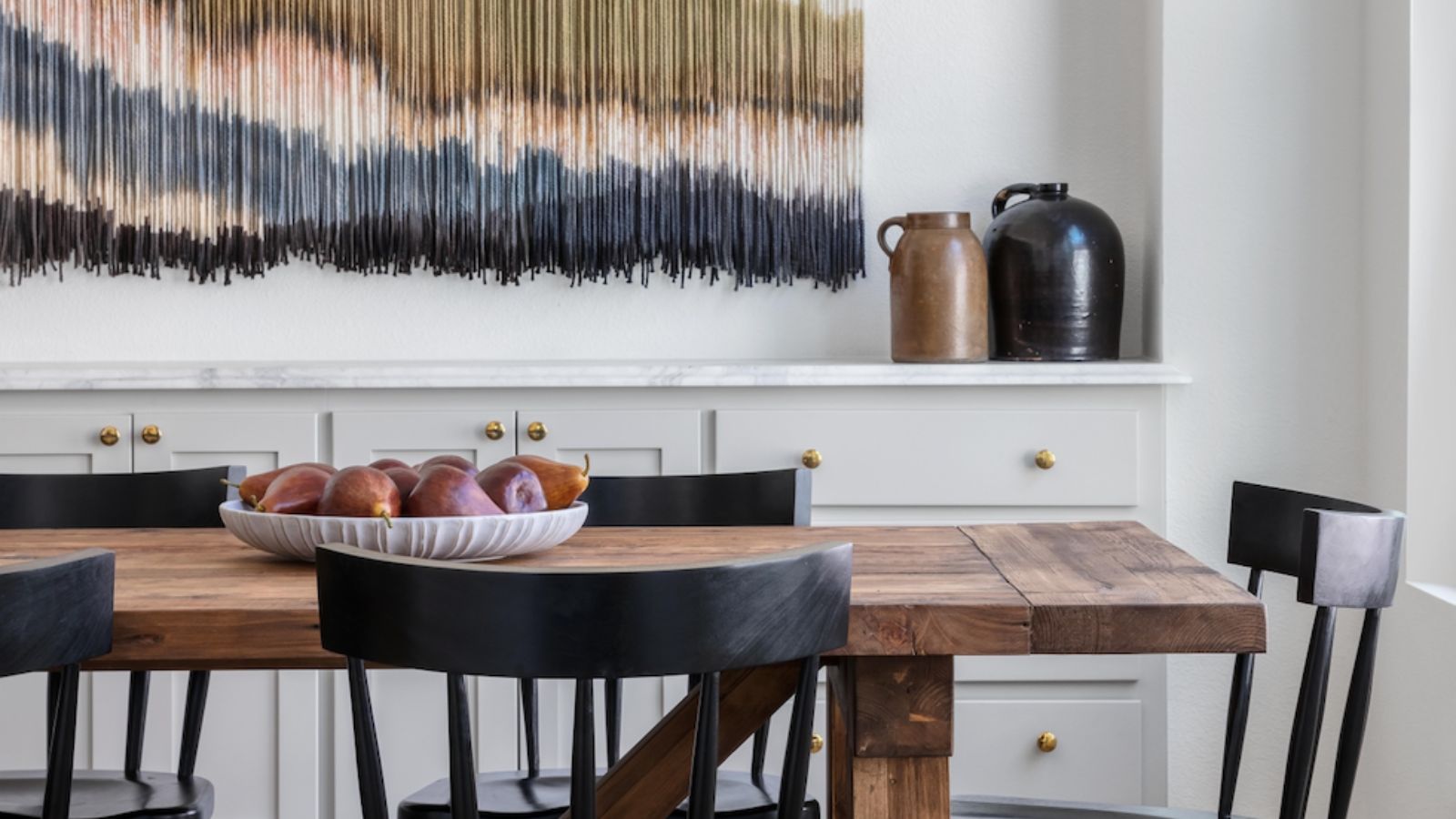 How the 'ODT' method can help you to tackle your overwhelming decluttering checklist – and streamline the process from start to finish
How the 'ODT' method can help you to tackle your overwhelming decluttering checklist – and streamline the process from start to finishAvoid 'analysis paralysis' and tick off tasks quickly and easily by making just one decision at a time
By Ottilie Blackhall
-
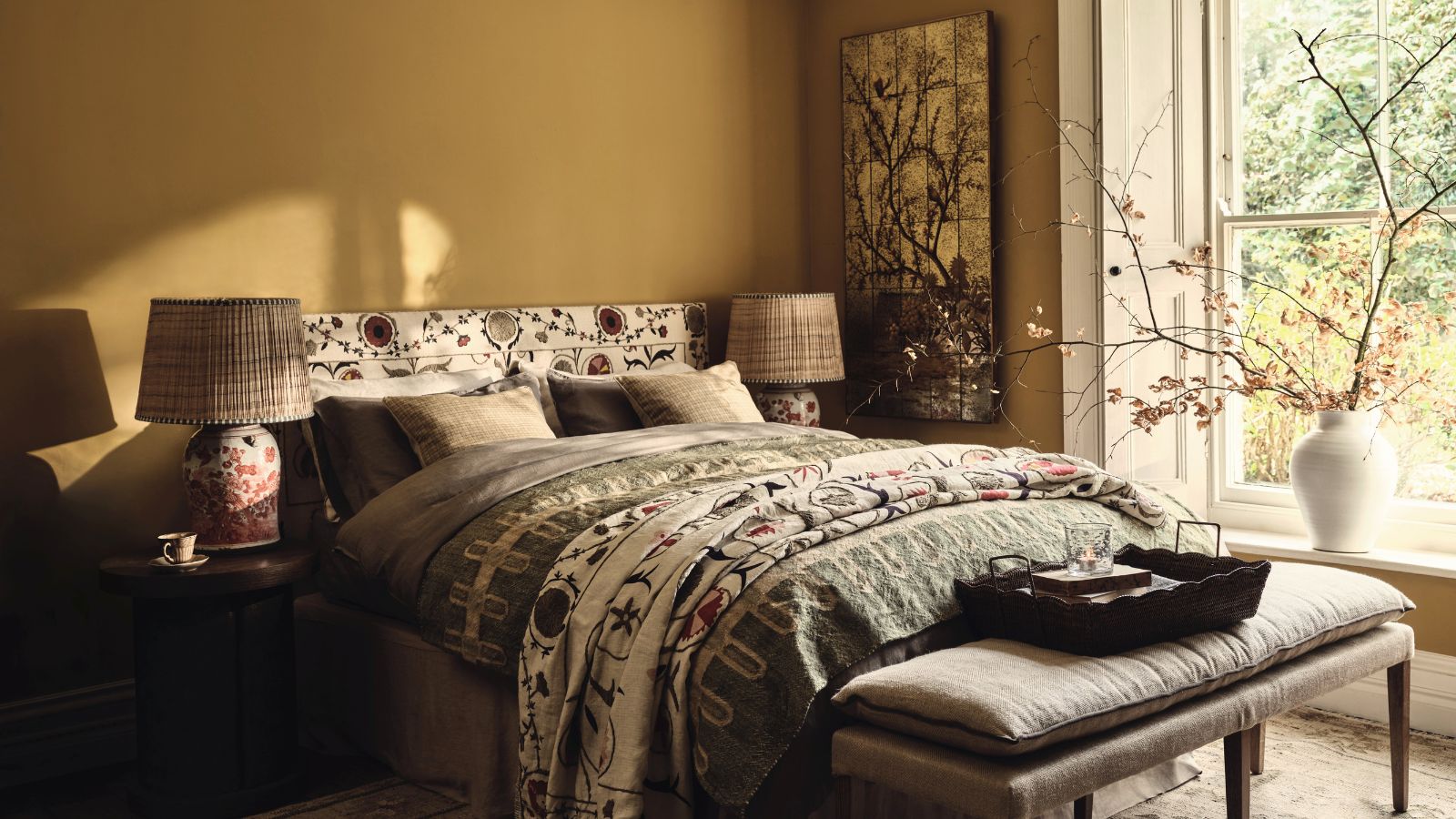 I gave the ‘try-for-five’ method a go in my small home – it's a brilliantly easy way to beat chore procrastination in seconds
I gave the ‘try-for-five’ method a go in my small home – it's a brilliantly easy way to beat chore procrastination in secondsThis method is great for those with executive dysfunction
By Chiana Dickson
-
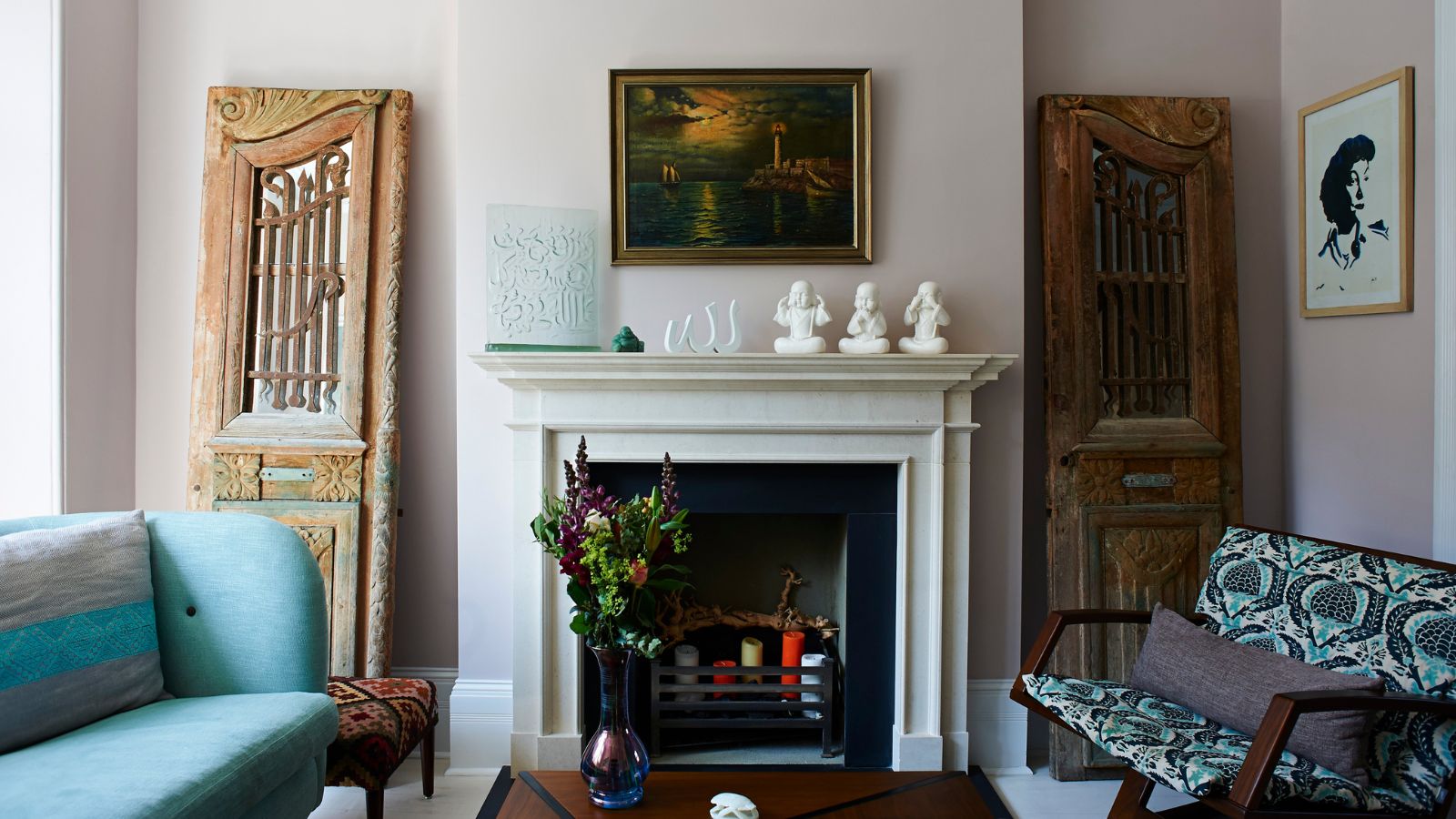 'It's a fast reset button' – using the 1, 2 ,3 ,4, 5 decluttering method cleared my persistent mess in seconds
'It's a fast reset button' – using the 1, 2 ,3 ,4, 5 decluttering method cleared my persistent mess in secondsIt's easy, effective and so quick to do
By Ottilie Blackhall
-
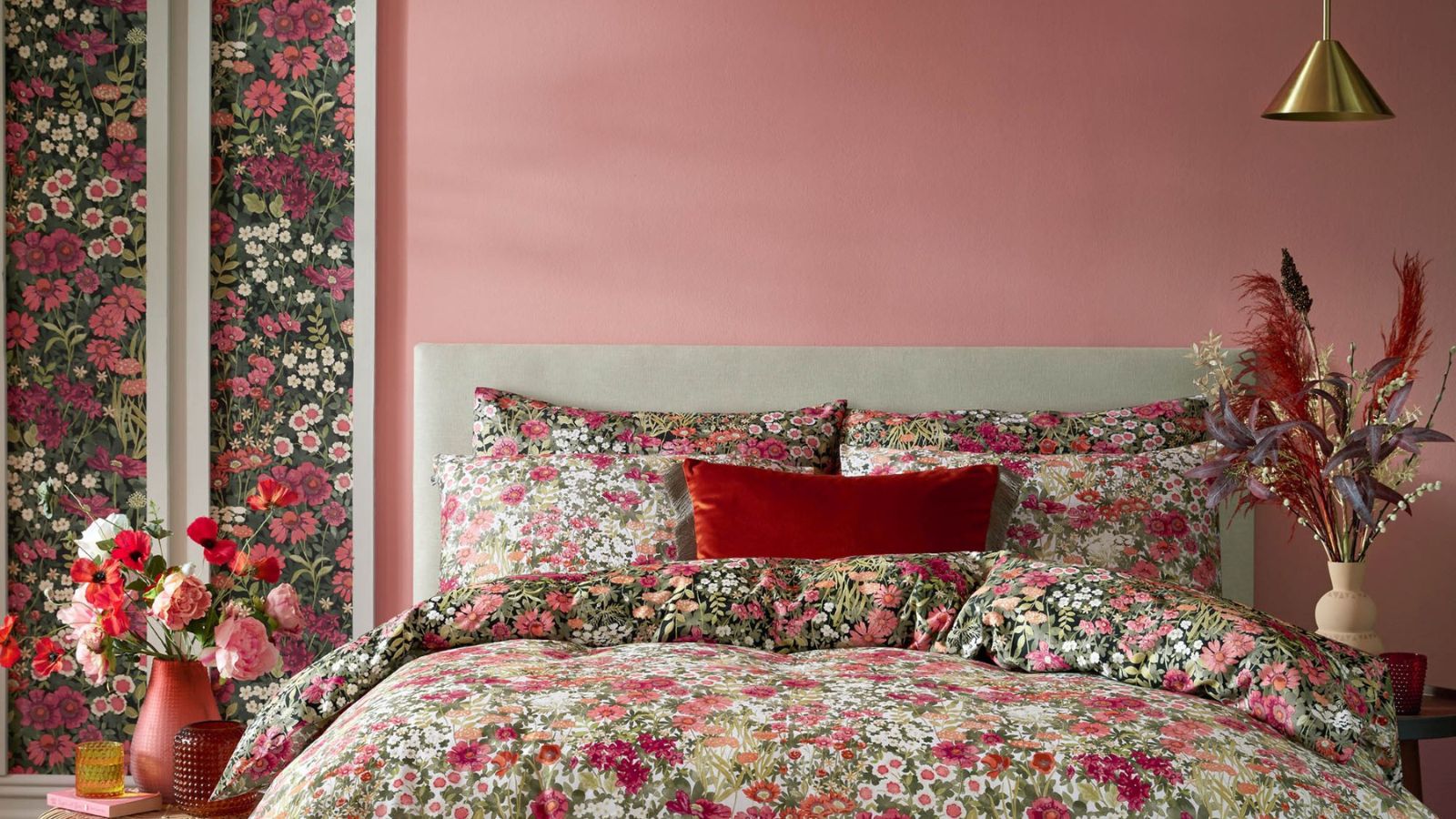 This simple closet swap doubled my cramped hanging space – professional organizers swear by it too
This simple closet swap doubled my cramped hanging space – professional organizers swear by it tooVelvet hangers have transformed my closet
By Eve Smallman
-
 I tried the 'GFD' basket tidying trick ahead of hosting – it was a last-minute clutter-busting savior
I tried the 'GFD' basket tidying trick ahead of hosting – it was a last-minute clutter-busting saviorThis quick clean-up fall-back saved my game night
By Chiana Dickson
-
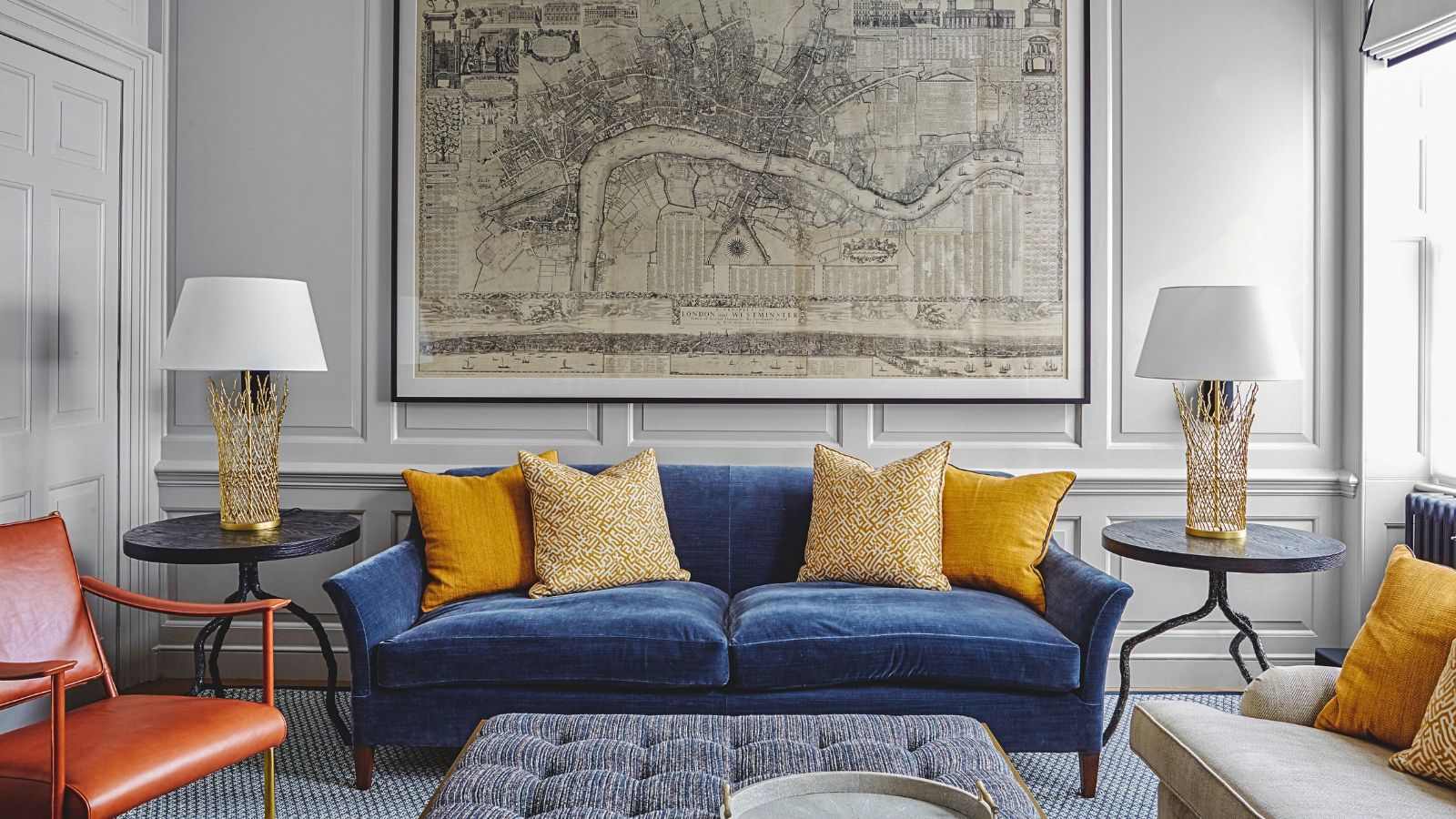 I tried the 'Reverse Decluttering' method – it made clearing clutter in my small home stress-free, speedy and guilt-free
I tried the 'Reverse Decluttering' method – it made clearing clutter in my small home stress-free, speedy and guilt-freeIt's a simpler way to cut clutter
By Chiana Dickson
-
 'They all feel chaotic’ – 6 things that make a room look really messy and what to do for an instant lift
'They all feel chaotic’ – 6 things that make a room look really messy and what to do for an instant liftEasily make your home less stressful by fixing these common faux pas
By Chiana Dickson